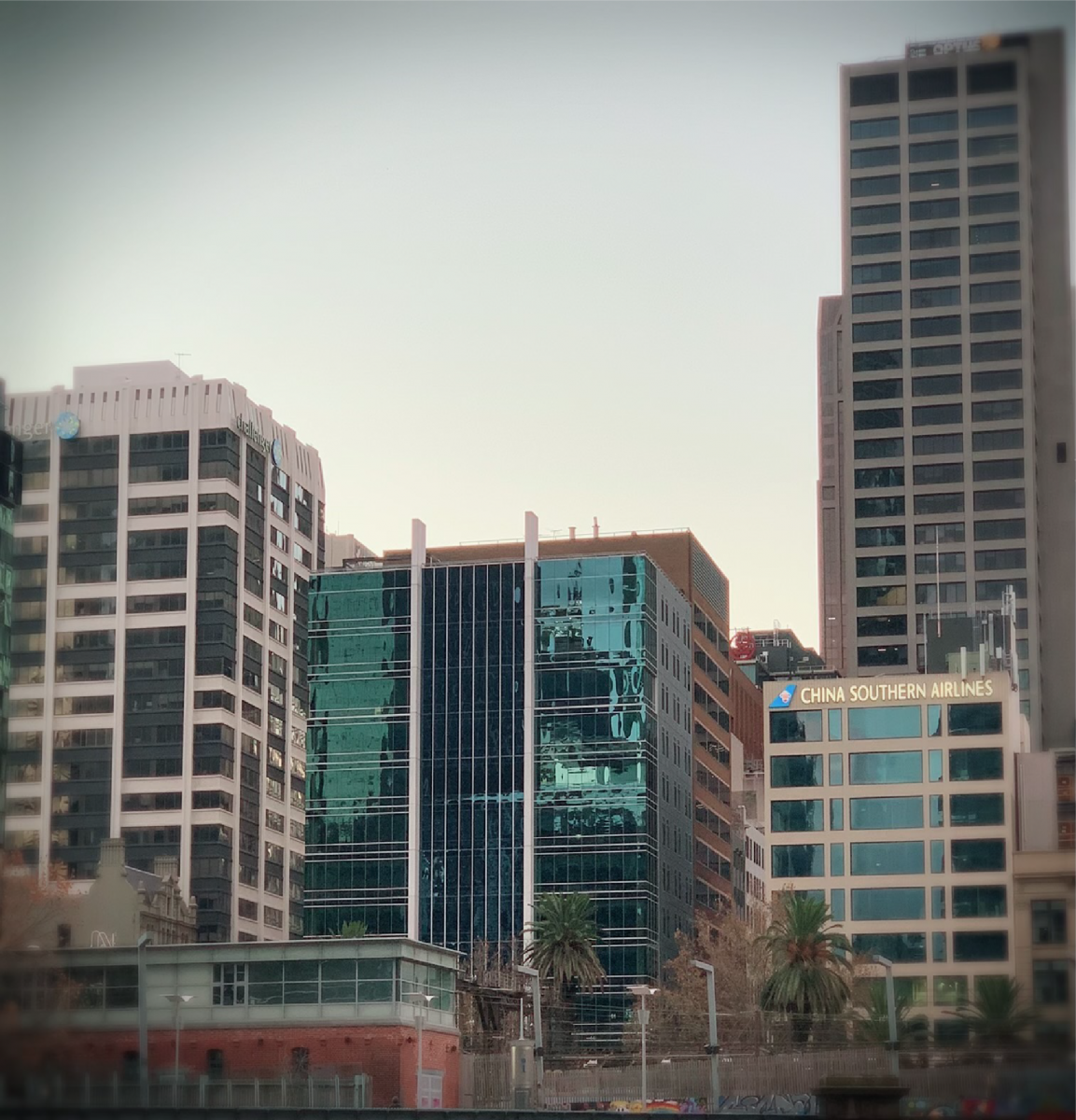17th February 2023 | Business

What constitutes property development?
Property development refers to the process of purchasing, improving, and selling or leasing property. This can include various activities such as subdividing land, constructing new buildings, renovating existing buildings, and leasing or selling properties. Property development can involve various players, such as investors, builders, architects, and real estate agents.
When is a transaction on the capital account, and when is it on the revenue account?
Transactions on capital accounts generally involve the purchase or sale of assets that are held for a long period of time, such as property or shares. Transactions on revenue accounts involve the purchase or sale of assets that are held for a short period of time and are intended to generate a profit, such as inventory or trading stock. The distinction between capital and revenue transactions is important for tax purposes, as different tax rules apply to each.
Applying the CGT rules where appropriate; ‘mere realisations’
The CGT rules apply when a property is sold for a profit. However, there are some exceptions to this rule, such as in the case of “mere realisations.” A mere realisation is a sale of property that is part of the normal trading activities of a business and does not involve any significant value-adding activities, such as renovation or development. In these cases, the sale may be treated as a revenue transaction rather than a capital gains transaction, which can result in a different tax outcome.
Taxation on revenue account; the different tax outcomes for a one-off profit-making scheme compared to a property development business
A one-off profit-making scheme refers to a single transaction or series of transactions undertaken with the intention of making a profit. These schemes are typically taxed as revenue transactions and may be subject to income tax. In contrast, a property development business involves ongoing activities that are undertaken for the purpose of generating a profit, and the tax treatment may differ depending on the specific circumstances.
Structuring a property transaction to optimise the tax outcome
Property transactions can be structured in various ways to optimise the tax outcome. For example, it may be possible to structure a transaction as a joint venture or partnership to take advantage of different tax rules or to minimise the tax liability of each party. It is important to seek advice from a qualified accountant or tax specialist to ensure compliance with all tax obligations and to maximise the tax benefits of a particular transaction.
When does a property developer need to register and account for GST?
Property developers must register for GST if their annual turnover is $75,000. However, even if the turnover is below this threshold, it may still be beneficial to register for GST to claim GST credits on business expenses. GST applies to the sale of new residential properties but not to the sale of existing properties.
GST treatment of income and expenses
GST is a tax on the value added to goods and services, and it is generally payable on the sale of new residential properties by property developers. Developers can claim GST credits on their business expenses, such as construction costs, which can reduce their overall GST liability.
Applying the GST margin scheme, when is it appropriate, and what does it mean for the developer and purchaser?
The GST margin scheme is a special rule that property developers can use to calculate the GST liability on the sale of certain properties. Under the margin scheme, GST is only payable on the margin between the sale price and the original purchase price rather than on the full sale price. This can be beneficial for both the developer and the purchaser, as it can reduce the overall cost of the transaction. The margin scheme is generally only available for selling second-hand properties, and certain eligibility criteria must be met.
If you need tax advice, speak to one of our specialists. Call 03 9995 7261 0r click email
To view, our other services click here